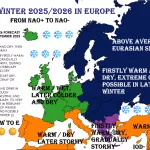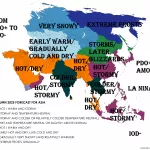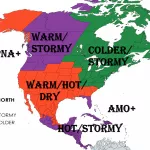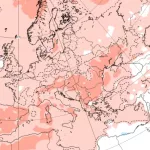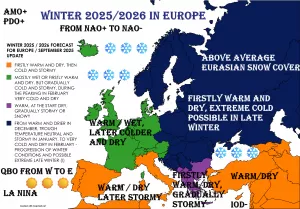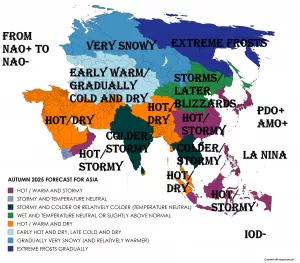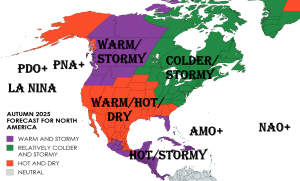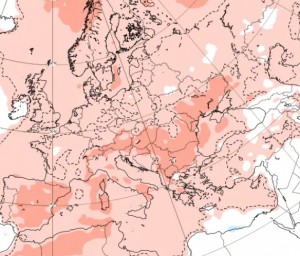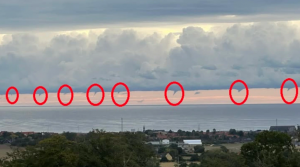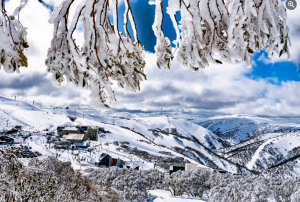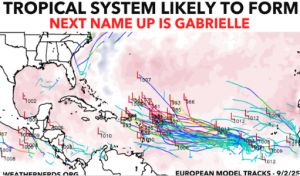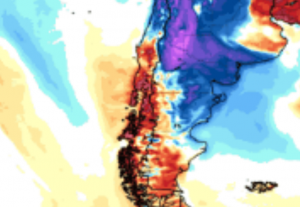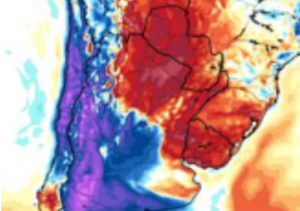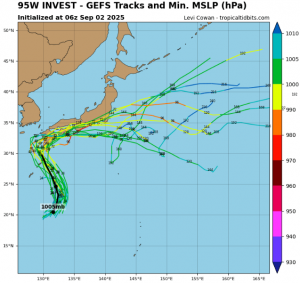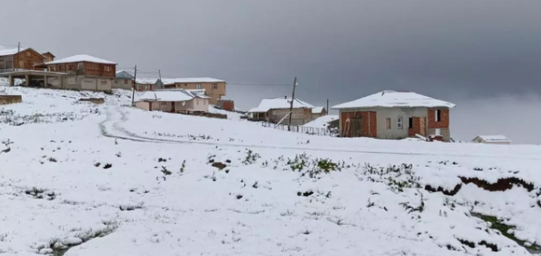
Rize Province witnesses unusual midsummer snowfall, deeper than seen in decades
In a highly unusual July weather event, the mountains of northeastern Turkey have been blanketed by heavy snow, astonishing residents and disrupting normal summer life. Locals in the Rize Province, situated along the Black Sea coast, say they haven’t witnessed snow of this magnitude in 30 to 40 years — and never this much, this deep, or this lasting in mid-summer.
Snow in the Summer Highlands
The snowfall occurred in elevated areas around Ikizdere, Ayder Plateau, and the Kaçkar Mountains, where temperatures plunged well below seasonal averages between 2 and 4 July 2025. What began as cold drizzle quickly turned into steady, accumulating snow above 2000 meters.
While occasional July snow flurries are known in the highest peaks of eastern Turkey, this episode was remarkable for its intensity, coverage, and snow depth — with images showing vehicles, roads, and roofs coated in white, as if summer had been erased overnight.
Locals Remember, But Not Like This
Elder villagers interviewed by local media recalled seeing light July snow decades ago — “30 or 40 years back” — but described this week’s event as unprecedented in volume and persistence. One farmer noted:
“We have seen snow in July before, but never this much. The past generations talked about it, but this is something else.”
The contrast between lush green meadows and sudden snow cover created a surreal landscape — part spring, part winter — drawing both concern and wonder.
Why It Happened: The Meteorological Pattern
This unusual snow was triggered by a strong upper-level low-pressure system that became quasi-stationary over the eastern Black Sea. This low:
- Pulled in cold Arctic air from the north-northeast
- Interacted with moist maritime air from the Black Sea
- Led to convective activity, strong uplift, and heavy precipitation that fell as snow above 2000 meters
The cold air mass was part of a broader mid-summer anomaly affecting Central and Eastern Europe, linked to a negative North Atlantic Oscillation and a displaced polar jet stream.
Symbolic Chill in a Heated Time
Snow in July — especially in a region known for its humid, lush summers — carries not only meteorological weight but also emotional and symbolic resonance. In many traditional cultures, out-of-season snow is seen as a warning, a sign of imbalance, or a moment of cosmic punctuation.
Whether viewed as a rare gift or a chilling sign, this event has left an impression on both land and memory. In a warming world, such reversals feel more intense — a flash of winter in the heart of summer.

Source: AFP

